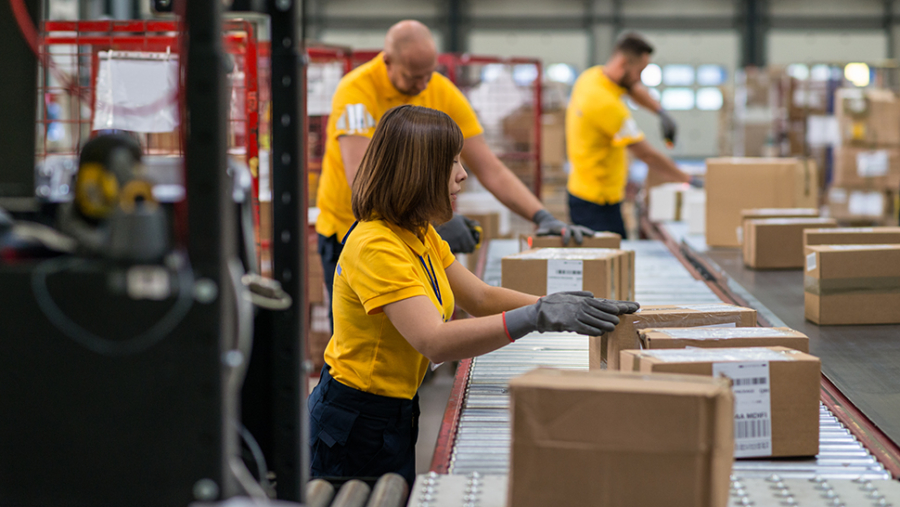

Product liability and product safety law in the UK is largely derived from EU law and it remains to be seen what the long-term implications of Brexit will be in these areas. If the UK chooses to diverge from the EU position, we could see significant change in the future and any business wishing to sell to both the EU and UK markets may need to comply with two different regimes.
Some changes have already taken effect which impact upon liability and regulatory compliance within supply chains. Special arrangements may apply in respect of the Northern Ireland market.
Liability under the Consumer Protection Act 1987 (CPA)
The CPA imposes strict liability for injuries caused by unsafe products. From 1 January 2021, this strict liability applies to any business importing products into the UK, rather than just into the EU.
This means that the sellers of products will be liable for personal injury or property damage caused by defective products they supply in the UK, including those products they have imported from the EU, as if they were the producer of such products. An injured consumer can bring a claim against the importer of a defective product, even if the importer carried out safety checks and was unaware of the defect.
Previously the CPA provided a defence where a defect is attributable to compliance with any EU law or obligation. This defence will no longer apply to the extent that the relevant EU law or obligation has not been retained in UK law post-Brexit.
Retailers and distributors should check that their product liability insurance is sufficient to cover new liabilities it may have as a result of these changes.
Product safety
The UK Government has published detailed guidance document setting out the changes which took effect from 1 January 2021 in relation to product safety and metrology, which can be found here.
This provides a summary of changes made to a range of relevant legislation in the UK, some of which will be relevant to different goods sold by UK retailers or distributors. In its guidance (which summarises the changes to the process for placing goods on the Great Britain market), the government seeks to reassure businesses that the product safety regime is not subject to significant changes at this stage. While the various regulations still cover the UK, their provisions are now applied differently in Great Britain and Northern Ireland. Some of the provisions apply differently in Northern Ireland for as long as the Northern Ireland Protocol is in force. Separate governmental guidance is in place for placing goods on the Northern Ireland market which can be found here.
However, the definition of “producer” under the General Product Safety Regulations 2005 has been amended to cover GB-based manufacturers, and UK-based importers, of products regulated under the 2005 Regulations and includes any “person established in the UK that places a product from outside the UK on the market”. As a result, producers (including importers) must ensure that only safe products are placed on the GB market, and must provide information to consumers to allow them to consider risks related to a product.
Where a defect arises leading to a product recall, the Great Britain market is no longer able to rely upon the EU Rapid Exchange database (RAPEX system) which could undermine consumer safety in the domestic market (the position is different in Northern Ireland). However, the Great Britain market will operate a replacement database going forward that provides information on product safety.
Product marking
The UKCA (UK Conformity Assessed) mark replaces the CE mark on certain products placed on the Great Britain market (although the CE mark will continue to apply to products sold on the EU market). Notwithstanding its nomenclature, UKCA is not recognised for products placed on the Northern Ireland market (which continues to require the relevant EU conformity marking together with the UKNI marking in certain circumstances). Similarly, “Notified Bodies” will become “Approved Bodies” for the purpose of carrying out conformity assessments in Great Britain.
For many product types transitional measures apply and importers of products from the EU onto the Great Britain market are now obliged to verify that:
- the goods are labelled with their address and either the manufacturer’s details or those of its EU, EEA or Northern Ireland based representative (note that until 31 December 2022, it will be possible to provide contact details on the accompanying documentation rather than on the good itself).
- the correct conformity assessment procedures have been carried out and that the goods have the correct conformity markings.
- the manufacturer has drawn up the correct technical documentation and complied with the applicable labelling requirements.
- they maintain a copy of the declaration of conformity for a period of up to 10 years after the product is placed on the market.
- the goods conform with the relevant essential requirements.
Looking ahead
Businesses which continue to trade with the EU or place goods on the EU market will need to continue to comply with EU rules.
Challenges lay ahead for businesses which sell to both the EU and UK markets if there is a significant divergence in their respective product liability and product safety regimes.










